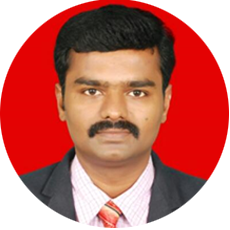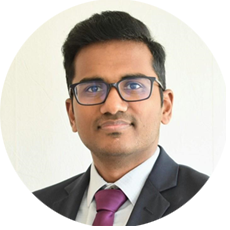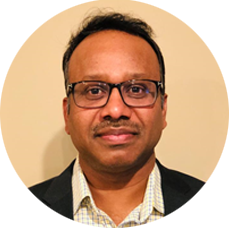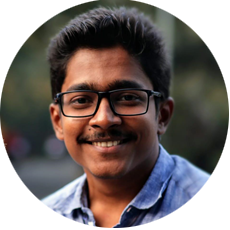To be a global centre of excellence in Mathematics for the growth of science and technology.


1. To provide quality education and research in Mathematics through updated curriculum, effective teaching learning process.
2. To inculcate innovative skills, teamwork, ethical practices among students so as to meet societal expectations.
The Department of Mathematics was established in 1984. Since then, the Institute’s competence in all aspects has played an important role in all departments. The department started offering B.Sc. (Mathematics) in the year 2015. The faculty team consists of various specializations such as Graph Theory, Queuing Theory, Topology, Fuzzy logic, Statistics, Operations analysis, and so on. The department has well-equipped laboratories where innovative ideas are sown in the minds of the students.
Mathematics is widely used in a wide range of scientific and technical fields. This program’s curriculum has been designed in such a way that students would be encouraged to pursue further studies in Mathematics. Our B.Sc. Mathematics curriculum includes laboratory courses such as Programming in C, Statistics Lab, Linear Programming Lab, Numerical methods Lab. Math majors excel in finance, statistics, engineering, computers, teaching, accounting, and other areas. Many mathematicians have a wide range of career opportunities.
The programme aims at accomplishing 3 major objectives:
1. Technical Proficiency: Provide a degree course, suitable for students of high ability, combining and relating mathematics, statistics, and the social sciences
2. Professional Growth: Prepare students for further study, or for professional and managerial careers, particularly in areas requiring the application of quantitative skills.
3. Management Skills: Provide students with knowledge of mathematics, Management and the interaction between the two.
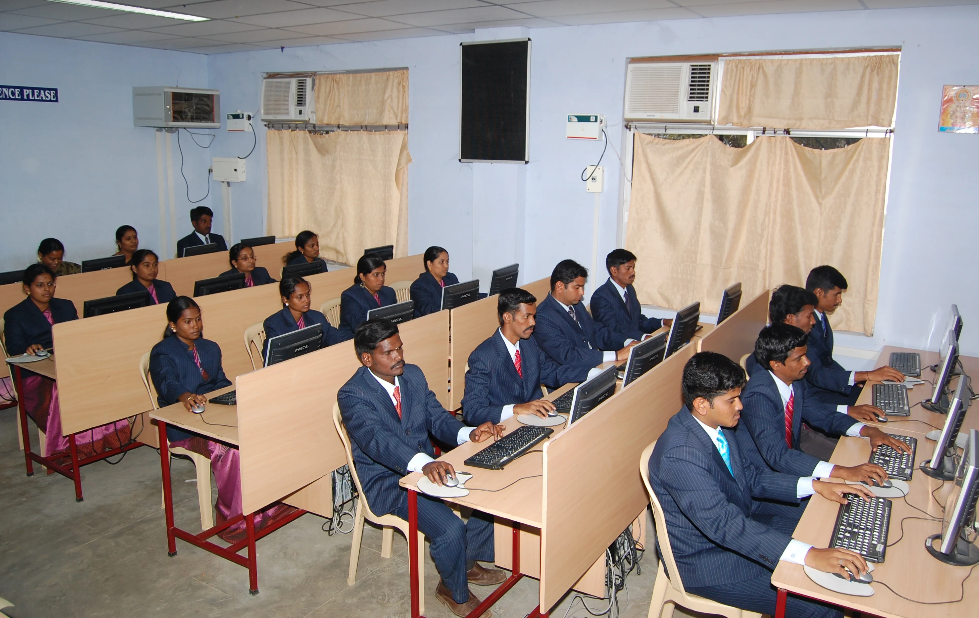
Computer Lab
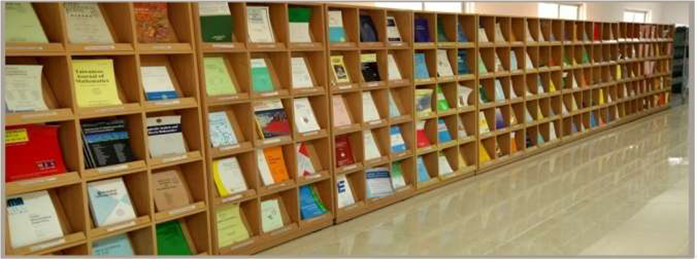
Library

Library
Program Outcomes (PO)
After the completion of the programme:
1. Students of B.Sc- Mathematics will be able to think in an analytical and critical manner.
2. Students will be able to know when there is a need for information, to be able to identify, locate, evaluate, and effectively use that information for the issue or problem at hand.
3. The programme will help the students to formulate and develop mathematical arguments in a logical manner.
4. Students will acquire good knowledge and understanding in advanced areas of mathematics and statistics, chosen by them from the given courses.
5. Understand, formulate and use quantitative models arising in social science, business and other contexts.
6. Students after finishing the course, will be able to apply the concepts studied, in real-life situations.
Technical Proficiency:
Provide a degree course, suitable for students of high ability, combining and relating mathematics, statistics, and the social sciences.
Professional Growth:
Prepare students for further study, or for professional and managerial careers, particularly in areas requiring the application of quantitative skills.
Management Skills:
Provide students with a knowledge of mathematics, Management and the interaction between the two.


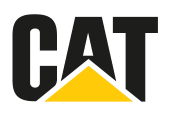



























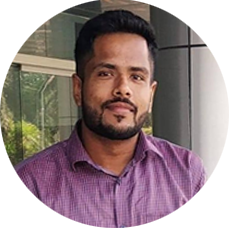
I take this opportunity to thank my professors and mentors of KARE who showed me the path to reach heights. I graduated from KARE during 2013 with not only academics but also with skills which is very much required by the Industries. Our institution has a wonderful curricula which focuses both on CGPA and Non-CGPA as well, which fired the inherent design skills in me. The quality faculty and the evergreen environment made me to grow further to achieve many laurels in my career.
Er. S. Mohammed Sabiq
Senior Engineer
Renault Nissan Pvt Ltd.
Chennai
2009-2013 batch
